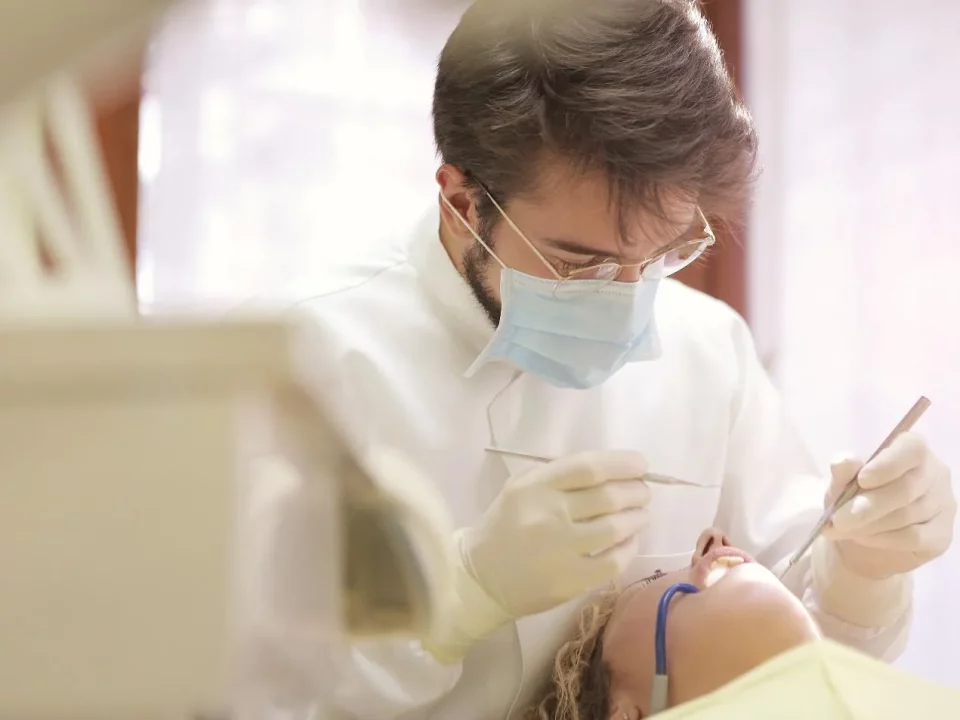The reality about bad breath: causes, effects and possible solutions
Bad breath, also known as halitosis, is a topic that many people are reluctant to talk about. However, it’s important to understand that bad breath can not only be unpleasant for social interaction, but can also indicate underlying health problems. In this blog post, we’ll take a closer look at how bad breath develops, the negative effects it can have and what you can do about it.
What causes bad breath?
Bad breath is caused by the release of sulphur compounds by bacteria in the mouth. These bacteria thrive in environments with little oxygen, which is often found in the spaces between the teeth, on the tongue and on the gums. The main causes of bad breath are
Poor oral hygiene: Inadequate cleaning of the mouth allows bacteria to multiply and create unpleasant odours.
Dental problems: Tooth decay, gum disease and tartar can contribute to bacteria colonising and causing bad breath.
Dry mouth: A lack of saliva means that the bacteria present in the mouth cannot be properly neutralised, leading to bad breath.
Certain foods and drinks: Garlic, onions, alcohol and tobacco can cause temporary bad breath as they leave strong odours.
Health problems: Diseases such as diabetes, gastrointestinal problems and respiratory infections can cause or worsen bad breath.
Disadvantages of bad breath:
Bad breath has more far-reaching effects than just the obvious social embarrassment. If left untreated, bad breath can lead to serious problems including:
Low self-confidence and social isolation: Bad breath can affect self-confidence and cause sufferers to withdraw and avoid social situations.
Damage to relationships: Bad breath can affect love lives and cause tension in personal relationships.
Dental problems: If bad breath is caused by dental problems, untreated infections can lead to serious dental damage.
Health risks: Bad breath can be a symptom of underlying health problems that can have serious consequences if left untreated.
What you can do about bad breath:
Fortunately, there are many ways to combat bad breath and prevent it in the long term:
Good oral hygiene: Brushing your teeth regularly, using dental floss and cleaning your tongue help to reduce bacteria in your mouth.
Visits to the dentist: Regular visits to the dentist for professional cleaning and examination are important in order to recognise and treat dental diseases at an early stage.
Adequate fluid intake: Drink enough water to stimulate saliva flow and keep your mouth moist.
Healthy diet: Avoid strong-smelling foods and drinks and instead consume a balanced diet rich in fruit, vegetables and wholemeal products.
Quit smoking: Smoking can cause and aggravate bad breath.
It can be helpful to quit smoking to reduce bad breath. If bad breath is caused by underlying health problems, it is important to have these problems treated by a doctor. Overall, bad breath is a common problem, but it can be treated effectively. By following good oral hygiene, visiting the dentist regularly and maintaining a healthy lifestyle, you can effectively combat bad breath while improving your overall oral health.









